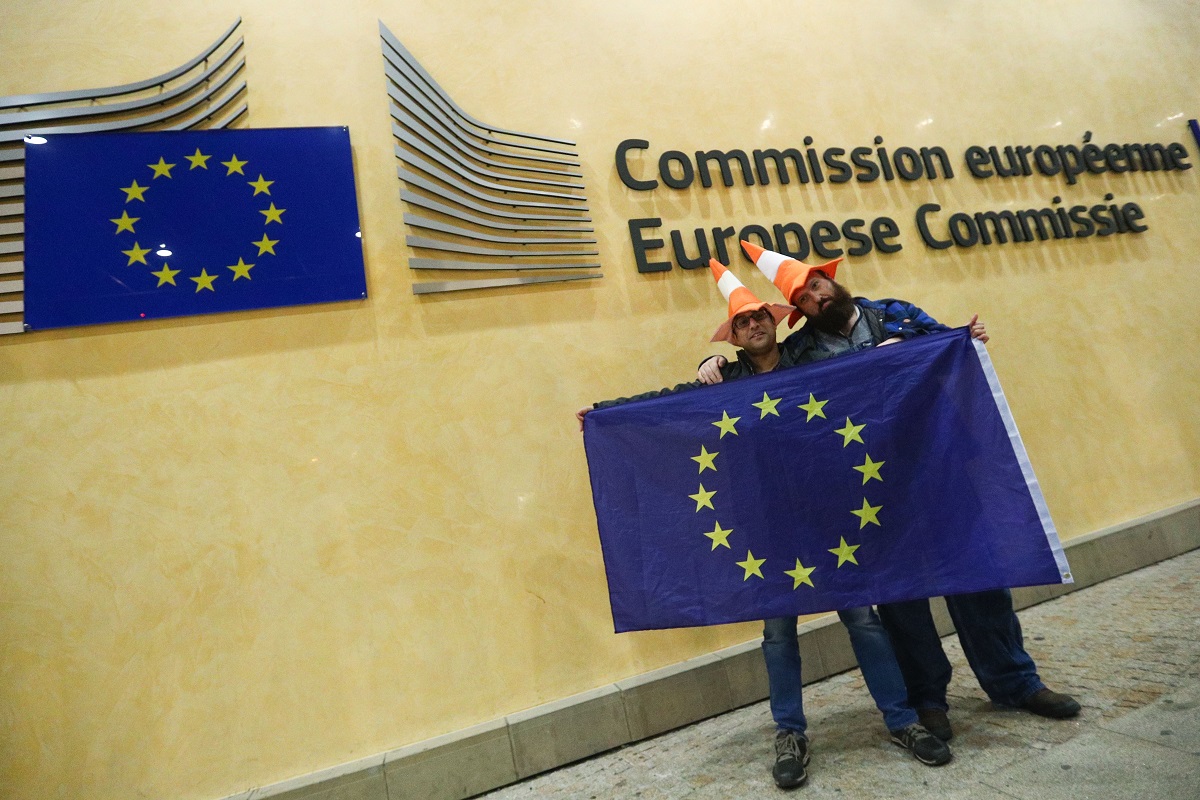A delicate balancing act
The on-going conflict in Ukraine has sent shockwaves through global energy markets, impacting everything from international relations to commodity prices.
The light-touch checks under the grace period for supermarket products will expire at the end of September.

Representational Image
The UK’s Brexit Minister David Frost said that the country seeks to agree with the European Union (EU) through negotiations a new deal in arrangements covering Northern Ireland.
Frost’s remarks in Parliament on Wednesday came after the UK and the EU agreed to extend the grace period for another three months for chilled meat products coming from Britain to Northern Ireland, reports Xinhua news agency.
The light-touch checks under the grace period for supermarket products will expire at the end of September.
Advertisement
“Overall these discussions (with the EU) have not gone to the heart of the problem. Put very simply, we cannot go on as we are,” Frost said while admitting “the difficulties we have in operating the Northern Ireland Protocol are now the main obstacle to building a relationship with the EU”.
Despite severe disruptions to trade and people’s lives, it is not the right moment for unilateral action through Article 16 of the Northern Ireland Protocol, he said.
“Instead, we see an opportunity to proceed differently, to find a new path, to seek to agree with the EU through negotiations a new balance in our arrangements covering Northern Ireland to the benefit of all,” he told the House of Lords.
Frost said the proposals outlined in a government command paper on Wednesday will require “significant change” to the Northern Ireland Protocol and that Britain looks to open a discussion urgently while providing certainty and stability for businesses.
The government paper called for urgent talks that can try to find a new balance for the Protocol: one that fully respects Northern Ireland’s place in the British market, while maintaining the integrity of the EU’s own market.
Both sides need to get onto this path quickly, to give Northern Ireland the stability and certainty it needs, said the paper.
The Article 16 of the Northern Ireland Protocol provides both Britain and the EU with a unilateral power to take action should the application of the protocol give rise to “serious economic, societal or environmental difficulties that are liable to persist, or to diversion of trade.”
But the intent behind the agreement is that neither side will seek to act unilaterally to alter the protocol, and that resolutions will be found through cooperation in the first instance, according to a paper from the UK in a Changing Europe, a thinktank.
Northern Ireland is at the centre of the post-Brexit trade dispute between Britain the EU.
As part of the Brexit deal, the Northern Ireland Protocol stipulates Northern Ireland remains in the EU single market and customs union to avoid a hard border between the region and the Republic of Ireland.
However, this leads to a new “regulatory” border between Britain and Northern Ireland, which exacerbates the conflict between pro-Britain and pro-independence groups in Northern Ireland.
Protests and riots raged for days in April in Northern Ireland, which partly led to the resignation of Edwin Poots, chief of the pro-British Democratic Unionist Party, after only three weeks in the post.
Advertisement